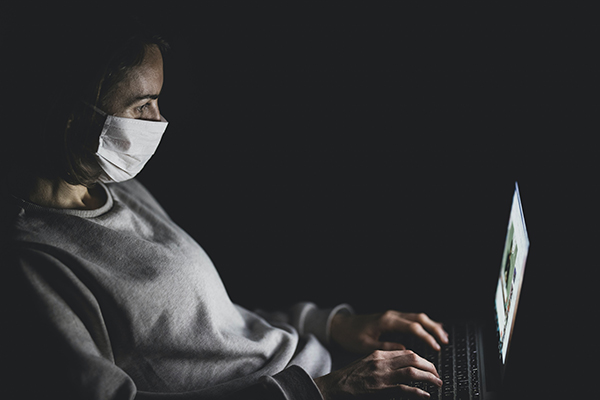There have been obvious ramifications of the pandemic we’ve all been enduring since March of this year. Job losses. Cancelled vacations. New exercise routines. The list goes on.
Parents have one more concern as the school year begins: a negative impact on social development as kids begin virtual schooling.

Here’s another related effect, says Kate Murphy writing in the New York Times: “It seems adults deprived of consistent and varied peer contact can get just as clumsy at social interactions as inexperienced kids.”
Murphy continues: “Psychologists and neuroscientists say something similar is happening to all of us now, thanks to the pandemic. We are subtly but inexorably losing our facility and agility in social situations — whether we are aware of it or not.”
This actually should not come as a surprise. We have all been genetically “programmed” to be social beings. The difference between an introvert and an extrovert pales in comparison to the similarities we share as humans who need the company of others. “Feeling lonely or isolated,” says Murphy, “is as much a biological signal as hunger or thirst.”
For more of Murphy’s insights — based on intriguing studies such as one gathered on researchers in Antarctica — read the entire article here.